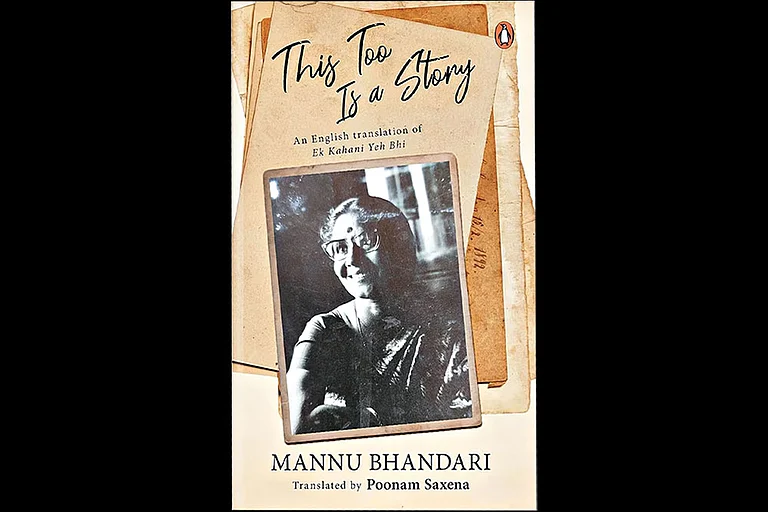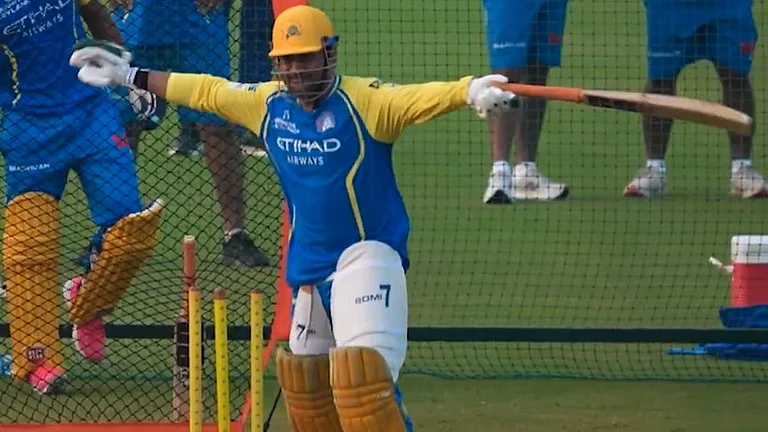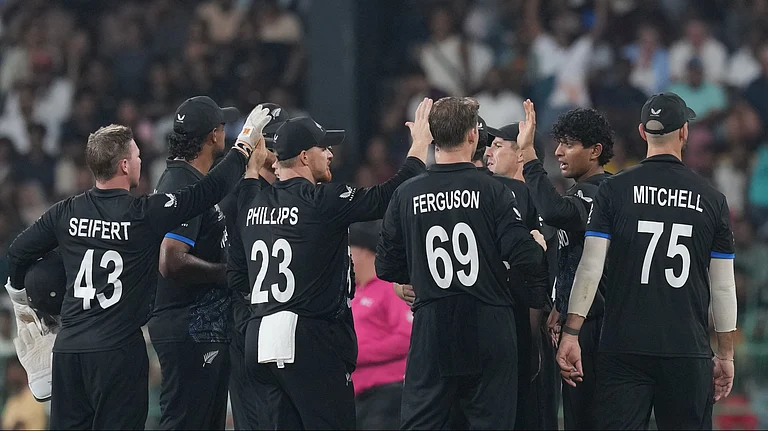Every year, institutions such as the World Health Organization (WHO) celebrate September 10 as Mental Health Day. Yet, little is still known about the disorders to which the day is dedicated. Humans are social beings and what connects us all are bonds of empathy and awareness—skeins of concern through which international fora attempt to mitigate the taboo that once used to shroud discussions on mental health disorders.
While there has been a marked improvement in the landscape of understanding mental health disorders in the past ten years, it is only in the past year that everyone truly understood what it meant to be ‘mentally unwell’. Mental health challenges are often brushed aside or boxed into the vague and catchall definition of ‘crazy’; but the pandemic last year brought about a revolutionary change in a thought process that has been warped for long.
The unprecedented nature of the pandemic and the conditions it spawned bore a significant impact on mental health across society. The result was a sharp rise in fear, paranoia, intense phobias, general anxiety and mood disorders, namely depression. Whether it was lack of human contact, loss of loved ones or sudden loss of livelihood, being stuck at home or being placed at the frontline and facing the pandemic head-on, everyone faced their own kinds of demons. This, in a world when the gap between the haves and have-nots widened inexorably. Unsurprisingly, president of the World Federation for Mental Health (WFMH) Dr. Ingrid Daniels announced the theme for World Mental Health Day 2021 as “Mental Health in an unequal world”.
The pandemic made concrete the fact that in times of adversity the rich become richer, with Forbes announcing that Jeff Bezos was still the richest man alive, followed by Elon Musk--the two possessed a combined net worth of $8 trillion. On the other hand, there were scores of people across the globe who were unable to access basic healthcare or ran themselves into debt while doing so. The pandemic highlighted how economic disparity did not just result in differential access to resources for physical health, but also for mental health.
With the focus being on finding a fix for physical illnesses, the common person had to forego the need to heal themselves mentally. Indeed, the latter became a matter of luxury or privilege, irrespective of the fact that medically, its importance continues to be at par with other ailments. Taking notice of this, WHO and WFMH decided upon this year’s theme with the campaign line—‘mental health care for all: let's make it a reality’.
From earlier this year, WHO and WFMH have emphasised that World Mental Health Day is not just one day of awareness and celebration, but a year-long campaign, with studies and programmes conducted and the results being compared. These programmes are almost always facilitated directly or indirectly by celebrities who choose to speak up about their mental health problems, such as Simon Biles or Naomi Osaka quitting the Olympics and French Open respectively to not just focus on healing themselves mentally, but also to use their global platform to reach out to millions about the reality of mental disorders and the challenges they pose.
Closer home, the most celebrated figure who has encouraged the breaking of taboos around mental health discussions and treatment, Deepika Padukone, has actively used her foundation LiveLoveLaugh to take affirmative action for the betterment of the mental health scenario in India, while also holding lectures and discussions. This year’s guest was Olympic gold medallist Abhinav Bindra.
While efforts to integrate mental health challenges into the mainstream are going on, one can hope that with time and effort access to mental healthcare can be achieved in an equitable and fair manner.
For more information and resources:
http://nimhans.ac.in/pssmhs-helpline/





















